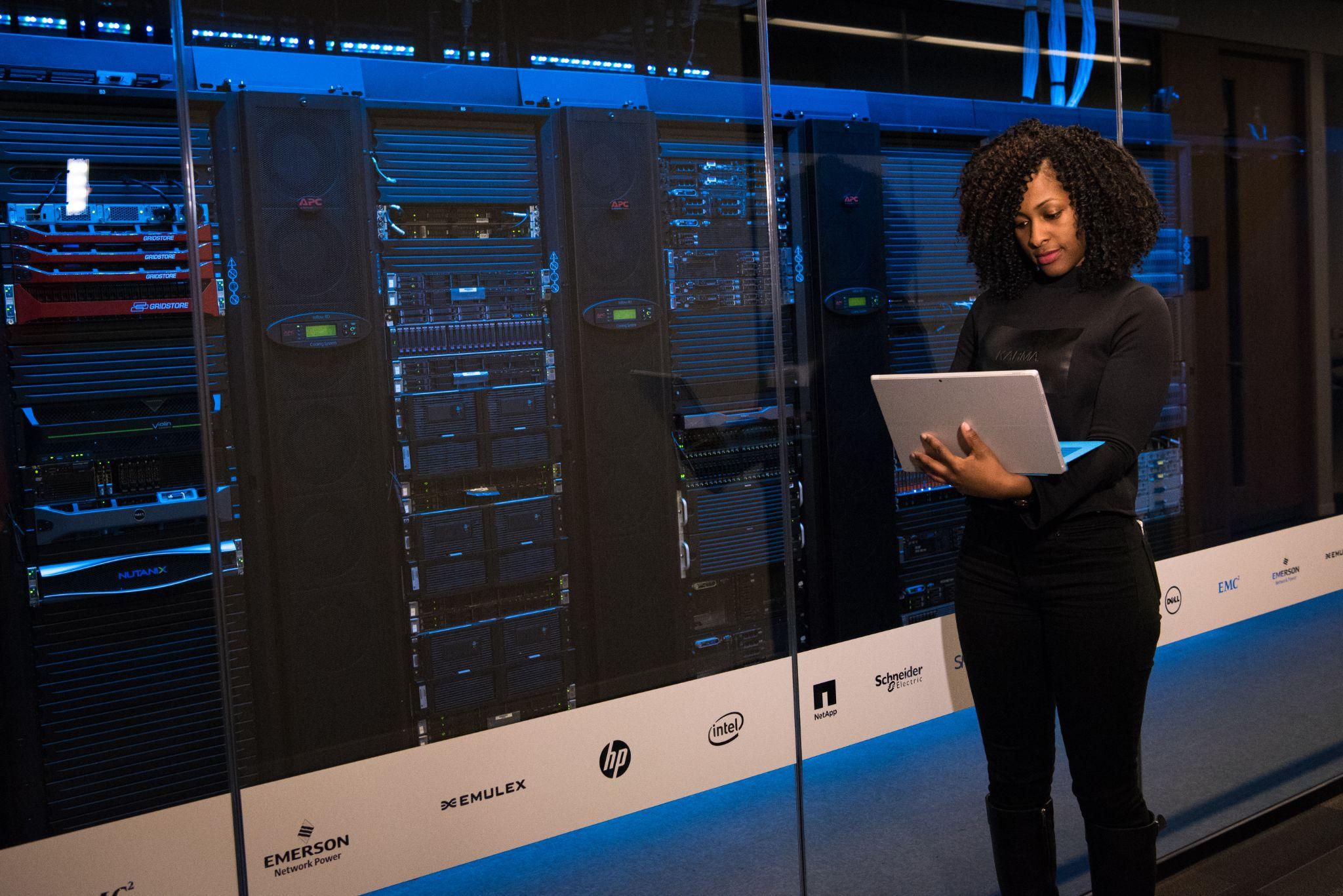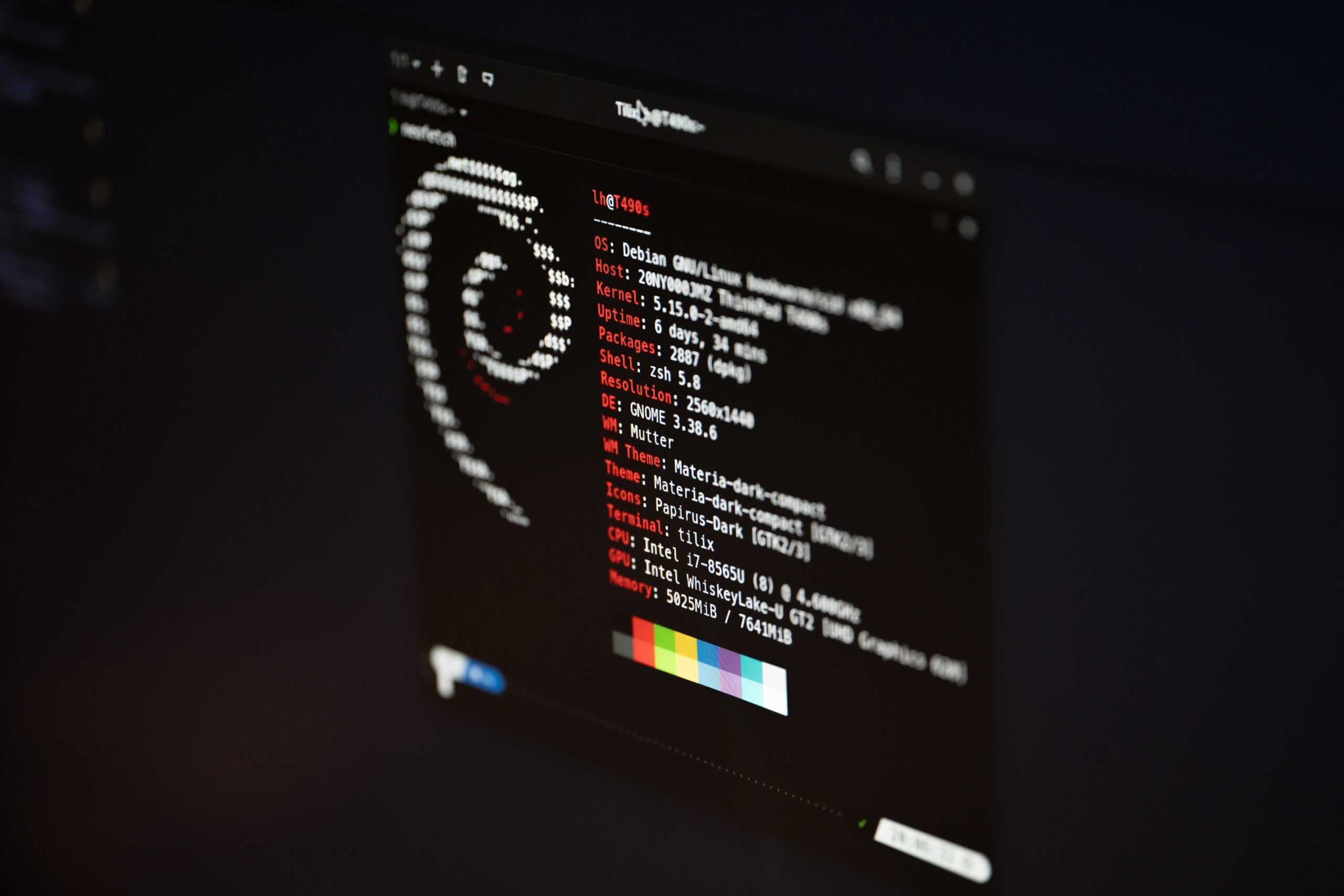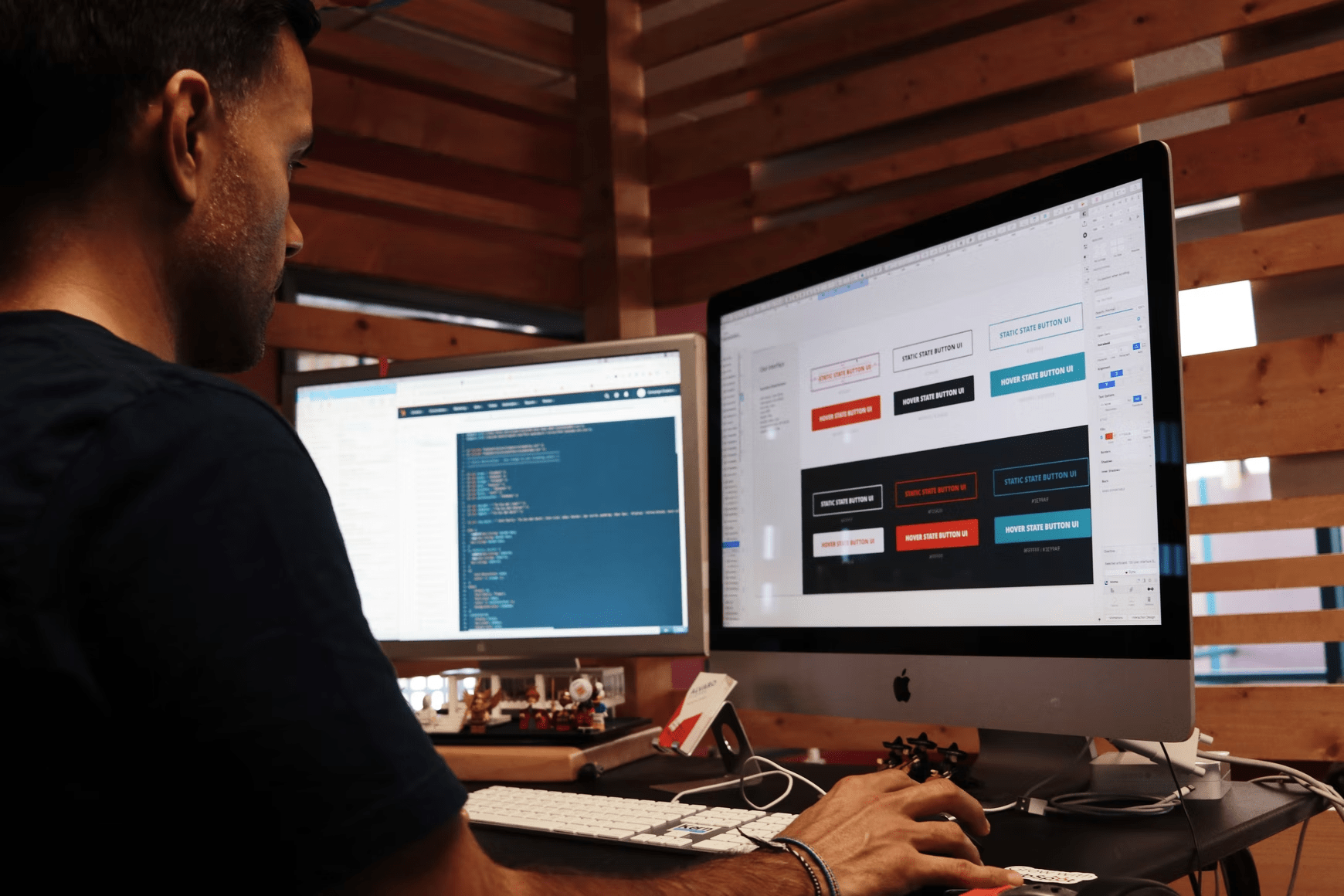
Because data centers seem to be sprouting up all over the globe in this day and age, a great number of individuals are wondering about the specific role of these facilities. “data center” is an acronym for “data center,” which refers to a structure that keeps computer and networking equipment.
A “data center” is a facility that houses computer and networking equipment. These enterprises may be practically any size, and they can have a wide range of features, depending on the sort of equipment that is housed inside. These qualities are determined by the kind of machinery that is housed within the facility.
It is reasonable to assume that data centers have been there for a good portion of the time that personal computers have been in existence. Devoted areas were necessary for the operation of very early computers in order to aid in shielding them from dust, pollutants, and other possible dangers.
This was the case because dedicated spaces were needed for the operation of very early computers. In many aspects, it is possible that these businesses were the first data centers ever established. Over the course of their existence, data centers have undergone substantial evolutions, and it is anticipated that this pattern will continue in parallel with the advancement of new technologies.
Data Center Sizes
When most people think of a server data center, they picture vast rooms that are packed with several rows of servers, computers, and other types of technical equipment. These colossal structures are typical for major firms such as Facebook, Google, and Microsoft. Some companies rent out floor space in their data centers so that smaller companies may take use of the same high-quality infrastructure as larger ones without incurring the same level of financial burden.
While some are fairly tiny, some data centers are large. In many companies, the servers, networking, and telecommunications equipment are kept in a separate room or even a closet that is specifically designated for that purpose. It is possible for a room to function as a data center so long as it has the necessary components.
Modular data centers are becoming more popular, and this development is part of a larger trend. The capacity of these facilities is comparable to that of a standard data center notwithstanding their portability and convenience.
The Benefits Obtained From Using Data Centers
When opposed to the practice of merely storing computer equipment at various places where it is required, data centers provide several benefits to their users. Data center ownership or rental has several advantages.
Safety against harm
Data centers developed in the modern day are designed with the highest level of security in mind. Security personnel, perimeter fence, biometric access cards, surveillance cameras, and more may all be part of the package for bigger institutions.
Temperature Control
The performance of computer hardware (https://en.wikipedia.org/wiki/Computer_hardware) is optimized for use within certain temperature ranges; nevertheless, overheating may render it inoperable. Large-scale air-cooling machines are often installed in data centers to assist in maintaining a comfortable temperature inside the facility.
The Regulation of Humidity
In order to prevent malfunctions, computer hardware must also be maintained at a certain humidity level. It is significantly simpler to maintain a fixed humidity level in one huge space as opposed to attempting to achieve that level in each individual room.
Locations That Are More Centralized
Users will have an easier time gaining access to the equipment if it is all stored in a single, centralized place. It’s also less expensive to run high-speed connections like fiber optics to a central place rather than having to trace the lines to all the various endpoints.
Availability of Electricity
A constant supply of power is necessary for the operation of modern computing hardware. Data centers are equipped to fulfill this need and often have big generators to reduce the likelihood of power outages affecting their operations.
Convenient Support
Keeping all of the necessary computer equipment in a single location makes it much simpler to provide support for it. If just a few professionals are required to fix broken equipment and set up new gadgets, then they may be on-site.
Cable Management
Networking and power cables in a data center are often routed in one of two ways: either below the floor or above it. Following that, these wires enter a server rack, and then eventually they enter each individual device. By properly managing the cables, we can minimize disruptions and increase the amount of time that the network is available to users.
Obviously, there are a great number of additional benefits that come with storing equipment inside a data center. Data centers are crucial for every organization, whether they want to build their own dedicated facility or just rent space from another provider. There are hundreds of data centers situated in various parts of the globe, and new ones are constantly being constructed by individuals. The need for infrastructure of this kind will only rise as the technological sector expands and improves.









